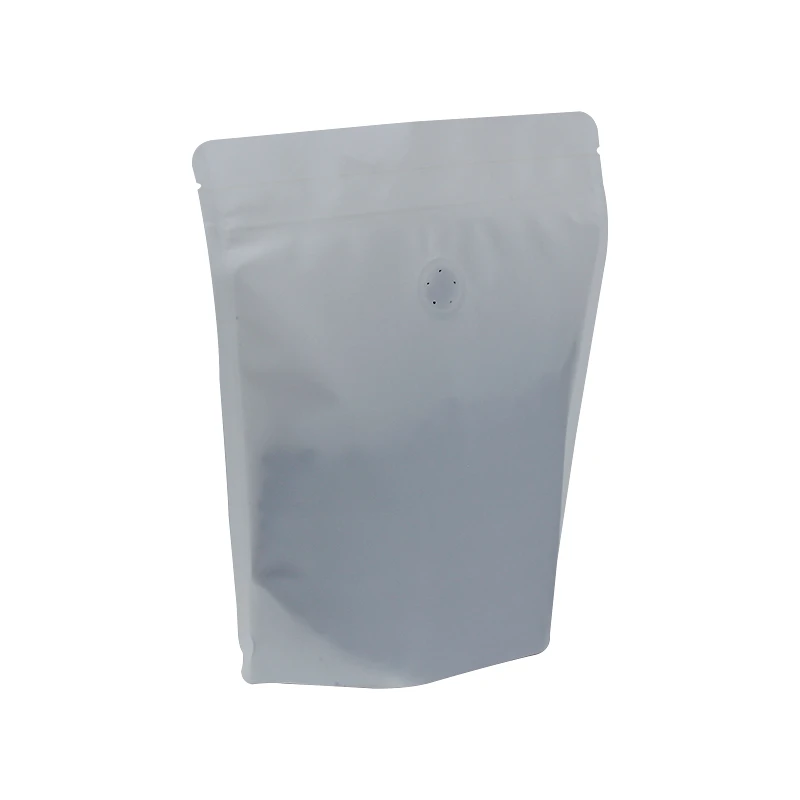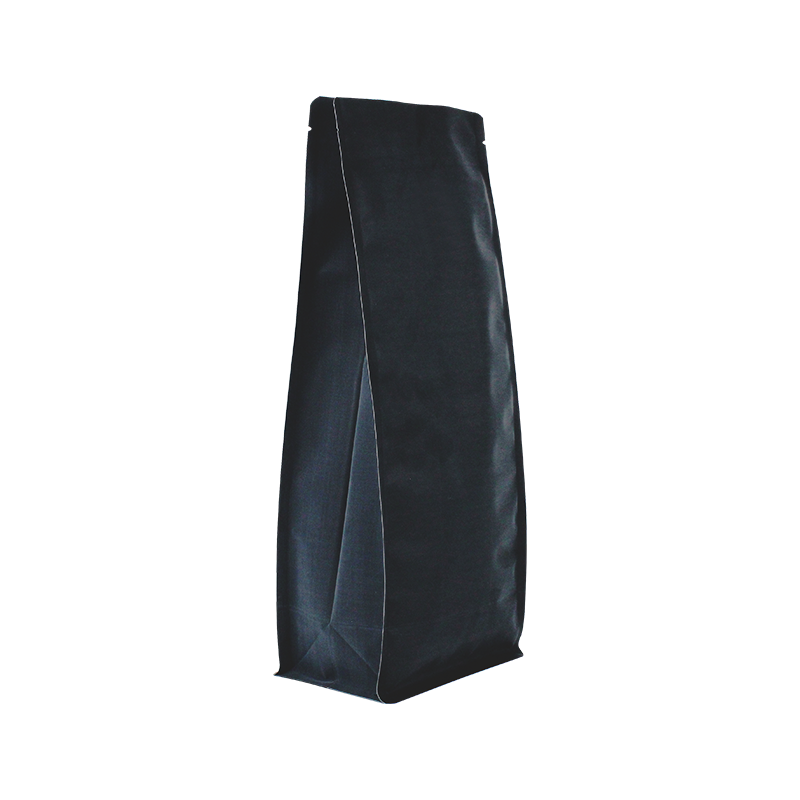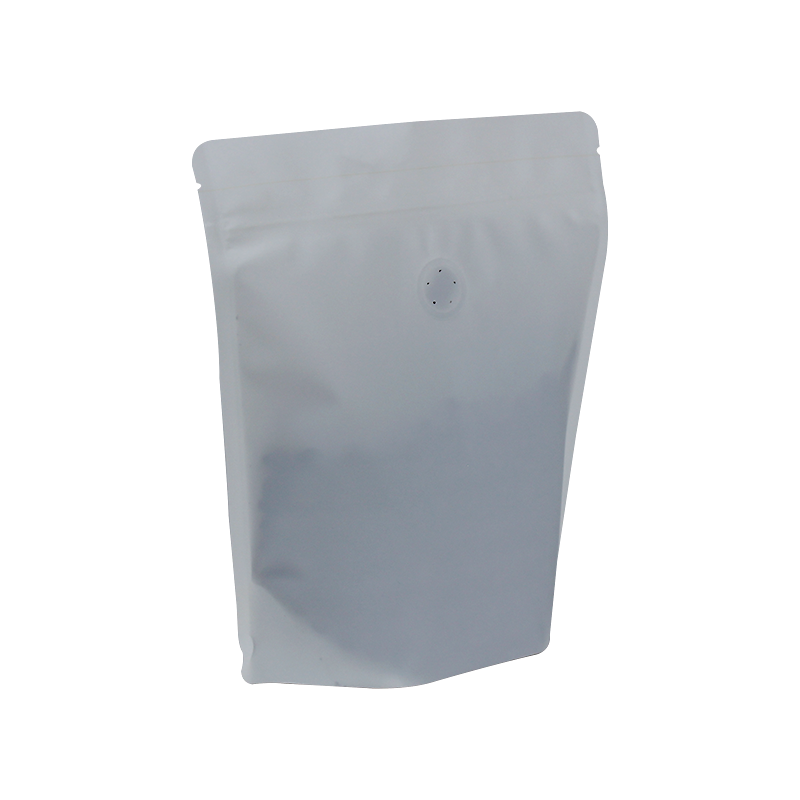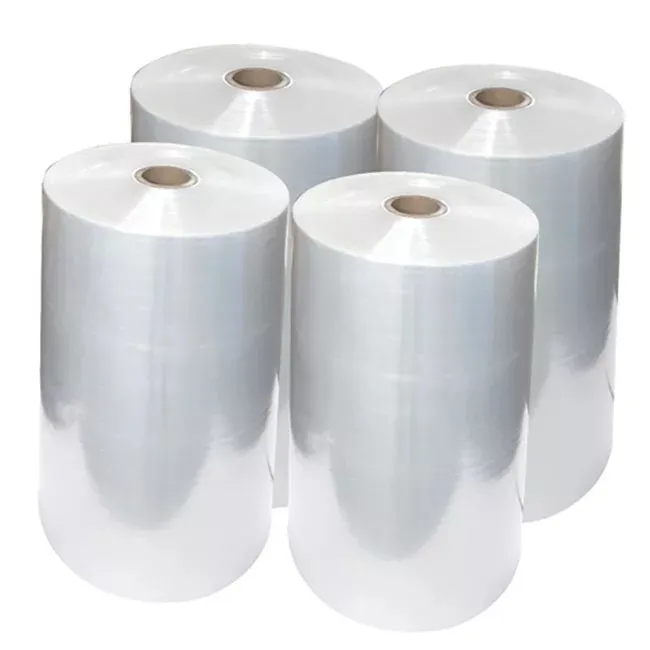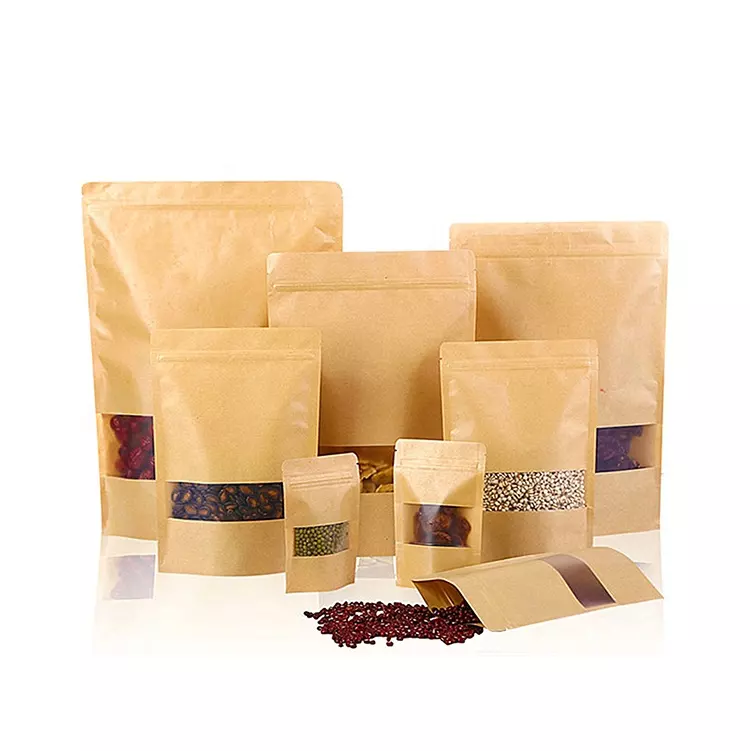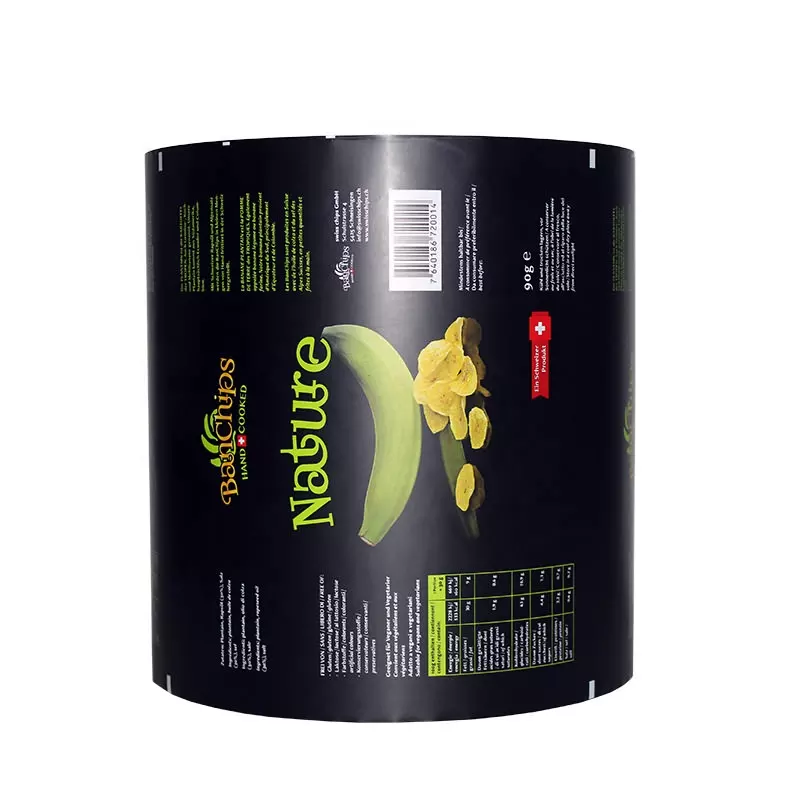- Afrikaans
- Albanian
- Amharic
- Arabic
- Armenian
- Azerbaijani
- Basque
- Belarusian
- Bengali
- Bosnian
- Bulgarian
- Catalan
- Cebuano
- chinese_simplified
- chinese_traditional
- Corsican
- Croatian
- Czech
- Danish
- Dutch
- English
- Esperanto
- Estonian
- Finnish
- French
- Frisian
- Galician
- Georgian
- German
- Greek
- Gujarati
- haitian_creole
- hausa
- hawaiian
- Hebrew
- Hindi
- Miao
- Hungarian
- Icelandic
- igbo
- Indonesian
- irish
- Italian
- Japanese
- Javanese
- Kannada
- kazakh
- Khmer
- Rwandese
- Korean
- Kurdish
- Kyrgyz
- Lao
- Latin
- Latvian
- Lithuanian
- Luxembourgish
- Macedonian
- Malgashi
- Malay
- Malayalam
- Maltese
- Maori
- Marathi
- Mongolian
- Myanmar
- Nepali
- Norwegian
- Norwegian
- Occitan
- Pashto
- Persian
- Polish
- Portuguese
- Punjabi
- Romanian
- Russian
- Samoan
- scottish-gaelic
- Serbian
- Sesotho
- Shona
- Sindhi
- Sinhala
- Slovak
- Slovenian
- Somali
- Spanish
- Sundanese
- Swahili
- Swedish
- Tagalog
- Tajik
- Tamil
- Tatar
- Telugu
- Thai
- Turkish
- Turkmen
- Ukrainian
- Urdu
- Uighur
- Uzbek
- Vietnamese
- Welsh
- Bantu
- Yiddish
- Yoruba
- Zulu
Products
Our high-quality plastic bags are designed to meet a variety of needs, offering strength, durability, and convenience. Made from premium materials, these bags are perfect for everyday use, whether you're packaging groceries, storing household items, or organizing your space. Available in a range of sizes, from small bags for lightweight items to larger sizes for bulkier goods, they provide excellent functionality for any task.
Each plastic bag is built to resist tearing, ensuring that your contents remain secure. The lightweight design makes them easy to carry, while their flexibility allows for easy folding and storing when not in use. Additionally, the transparent material allows for quick identification of contents, enhancing both practicality and accessibility.
These plastic bags are ideal for retail stores, supermarkets, and any business looking for an efficient, cost-effective packaging solution. They are also perfect for use in daily life, helping you keep your items organized and protected.
Whether you're looking for reliable packaging for your products or convenient storage for home use, our plastic bags offer an eco-friendly, reliable, and affordable solution.
What Are The Properties Of A Plastic Bag?
Plastic bags have several key properties that make them popular for a wide range of applications. Here are the main characteristics:
1. Lightweight
One of the most significant properties of plastic bags is their lightweight nature. They are easy to carry, transport, and store, making them ideal for packaging and shopping purposes. Despite their lightness, plastic bags can carry substantial weight without tearing or breaking.
2. Strength and Durability
Plastic bags, especially those made from high-density polyethylene (HDPE) or low-density polyethylene (LDPE), offer excellent strength. They can hold heavy items without ripping or stretching. Even though they are thin, their durability allows them to withstand significant pressure and usage, making them suitable for various commercial and personal applications.
3. Water Resistance
Plastic bags are highly resistant to water and moisture. This makes them an excellent choice for carrying groceries, electronics, or other items that need protection from rain or spills. Unlike paper bags, they do not absorb water, ensuring the contents remain dry.
4. Flexibility
Plastic bags can be stretched or compressed without tearing, which makes them flexible and adaptable to different shapes and sizes. This flexibility allows plastic bags to conform to the shape of their contents, ensuring a snug fit.
5. Transparency
Many plastic bags are transparent, allowing easy visibility of their contents. This makes them ideal for retail use, where quick identification of items is necessary. Transparency can also be customized with printing for branding and product identification.
6. Cost-Effective
Plastic bags are inexpensive to manufacture, making them a cost-effective option for both businesses and consumers. Their low cost also contributes to their widespread use in industries such as retail and packaging.
7. Recyclability
Plastic bags are recyclable, and many are made from recycled materials, making them more eco-friendly. However, proper disposal and recycling systems are essential to minimize environmental impact.
These properties make plastic bags versatile for a variety of uses, from everyday shopping to industrial packaging.
What Are 5 Important Properties Of Plastics?
Plastics are versatile materials with a wide range of useful properties that make them ideal for countless applications in everyday life and industrial use. Below are five important properties of plastics:
Durability
Plastics are known for their high durability. They are resistant to wear, impact, and weathering, making them suitable for long-term use in various environments. Unlike metals, plastics do not rust, corrode, or degrade easily when exposed to air, moisture, or chemicals. This longevity makes plastics ideal for products like packaging, automotive parts, construction materials, and outdoor furniture.
2. Lightweight
One of the standout characteristics of plastics is their low density, which makes them much lighter than many other materials, such as metals or glass. This property is especially important in industries like automotive, aerospace, and packaging, where reducing weight can improve efficiency, performance, and transportation costs. Plastics help in designing lightweight products without compromising strength or functionality.
3. Flexibility
Many plastics are highly flexible, which means they can be molded, stretched, or bent without breaking. This property allows manufacturers to create a wide variety of products with different shapes, sizes, and applications. Whether it’s flexible packaging materials, soft components, or rigid products, plastics can be tailored to meet specific needs, offering excellent versatility.
4. Water Resistance
Plastics are inherently resistant to water and moisture, making them ideal for use in products that need protection from environmental factors. From waterproof packaging to outdoor gear, plastic materials do not absorb water, which helps to preserve the integrity of the product and protect the contents from damage. This resistance to water makes plastics a go-to material for packaging and storage.
5. Electrical and Thermal Insulation
Many plastics possess excellent insulating properties, both thermally and electrically. This makes them highly effective as insulators in electrical applications, such as cables, circuit boards, and electrical housings. Plastics can prevent the transfer of heat or electricity, making them invaluable in electronics, automotive components, and household appliances.
These five properties—durability, lightweight, flexibility, water resistance, and insulating ability—make plastics one of the most widely used materials in modern manufacturing and everyday products.
ABOUT for more information
Product Categories
Crafts App
Contact Us
- No. 6 Hefu Road, Hengjiang Industrial Zone, Gaoming District, Foshan, Guangdong Province,China
- Tel: 86-133 3649 8096
- Email:enid@bc-pak.com





